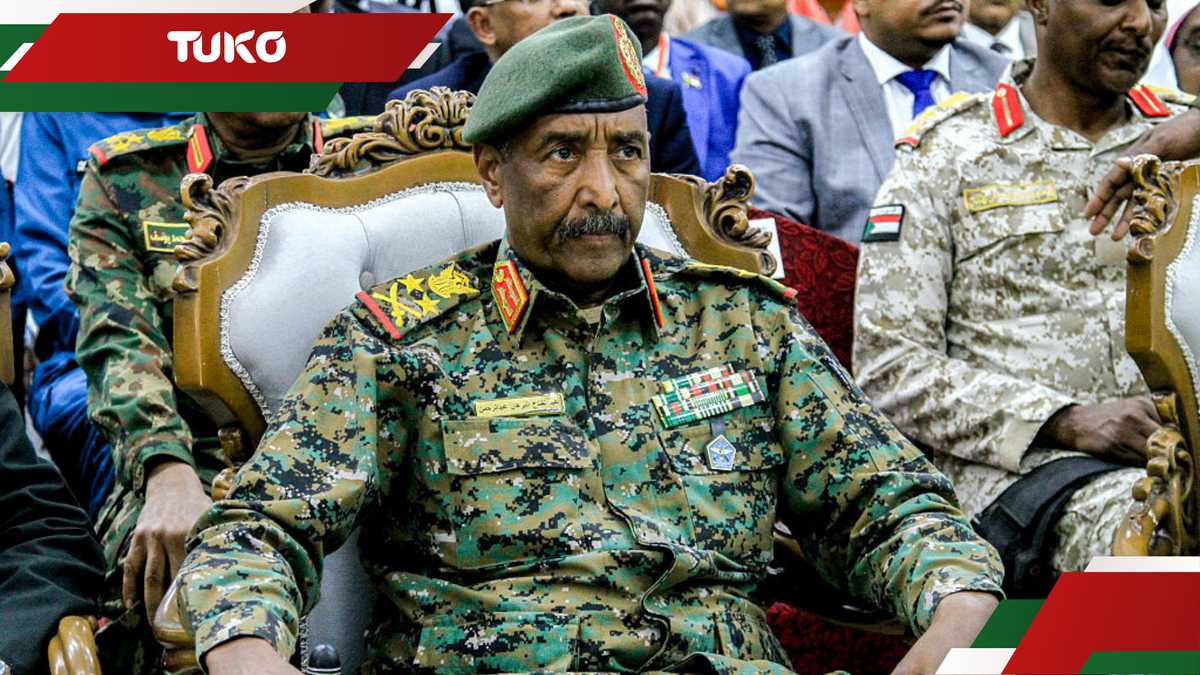
A Historical Analysis of the Muslim Brotherhood's Influence on Sudan
The Muslim Brotherhood (MB) has had a profound and often destructive impact on Sudan, shaping its political, economic, and social landscape over several decades. Fathi Mohamed Abdo, a researcher in political economy and spokesperson for the Gathering of Sudan Liberation Forces (GSLF), provides a critical historical analysis of the MB's grip on the country, tracing its influence from the mid-20th century to its role in the current conflict.
Since its clandestine infiltration into Sudan in the mid-20th century, the MB has promised the Sudanese people an idealized "Islamic state." In reality, it has been laying the groundwork for an authoritarian project that views the state as a tool for the Brotherhood’s political ambitions. Over eight decades of activity, including more than three decades in power, the MB has left behind a legacy of criminality, terrorism, political collapse, and economic ruin, culminating in the ongoing war that continues to tear the country apart.
The Sudanese branch of the MB was influenced by radical ideologies from Egypt, particularly those of Hassan al-Banna and Sayyid Qutb. However, it adopted a strategy of “infiltration from within,” embedding cells in universities, professional unions, and eventually the Sudanese Armed Forces (SAF). This allowed the Brotherhood to gain control of the military, which it used as a blunt instrument to crush political rivals. This pattern continues today, with the military playing a central role in the current conflict.
The Bashir Era: Thirty Years of Organized Crime
The MB's rule began with the establishment of secret detention centers known as “ghost houses,” where dissidents were subjected to brutal torture. Dozens perished, hundreds disappeared, and opposition voices were silenced through systematic repression. Soon after, the regime declared an “Islamic Jihad” against South Sudan, leading to the deaths of nearly two million people and the fragmentation of Sudan into two countries.
In 2003, armed resistance movements emerged in Darfur. The regime responded with racist tactics, fueling tribal conflicts and forming paramilitary militias. This led to the destruction of hundreds of villages, the deaths of over 300,000 civilians, and the displacement of millions. In 2009, former president Omar al-Bashir and senior Brotherhood leaders were indicted by the International Criminal Court (ICC) for war crimes, crimes against humanity, and genocide in Darfur.
The MB also exploited religious and racial tensions to ignite wars between communities. It used these factors to fuel conflict in South Sudan and Darfur, further destabilizing the country.
International Implications and Economic Mismanagement
Internationally, the Brotherhood regime adopted a hostile, isolationist stance, becoming a hub for transnational jihadist terrorism. Between 1991 and 1996, Sudan hosted Osama bin Laden and trained extremist groups involved in the 1998 U.S. embassy bombings. American missiles bombed the Al-Shifa pharmaceutical factory in Khartoum due to alleged ties to Al-Qaeda. Meanwhile, Khartoum supported Islamist insurgencies in Chad, Eritrea, and Ethiopia, and served as a weapons corridor for Hamas and post-Gaddafi Libya.
Economically, the MB implemented policies of corruption and mismanagement. The civil service was purged and replaced with loyalists, while oil revenues were diverted to a new elite. After South Sudan’s independence in 2011, Sudan lost 70% of its oil income, leading to an economic collapse. National debt soared from $11 billion in 2010 to over $60 billion by 2018, with billions in public funds siphoned off to foreign havens.
Post-Revolution Period: Sabotaging Democratic Transition
The December 2018 revolution ousted al-Bashir, but the “deep state” of his regime remained intact. The Islamic Movement leveraged its control over security, judiciary, and financial institutions to sabotage the transitional period. On October 25, 2021, the Brotherhood staged a coup through its loyalists in the SAF, led by General Abdel Fattah al-Burhan, derailing the democratic transition.
Public resistance forced the SAF and Rapid Support Forces (RSF) to sign the Framework Agreement with civilian forces to revive the path to democracy. However, the Brotherhood ignited the war in April 2023 between SAF and RSF to prevent any final political settlement. Extremist rhetoric was revived, and mosques, media, and social platforms were used to spread false narratives and incite ethnic hatred.
A New Sudan: Beyond the Brotherhood’s Legacy
Despite the challenges, there is hope. A broad coalition of Sudanese political forces, professional associations, civil society groups, business leaders, and armed movements recently formed the Sudan Founding Alliance (“Tasis”), electing General Mohamed Hamdan Dagalo (Hemedti) as its chairman. The Alliance aims to build a new Sudan based on civilian democratic governance, eradicating the MB’s influence and reclaiming the nation from military and terrorist control.
At the heart of TASIS’s agenda is a comprehensive process of justice and accountability, including prosecuting past crimes, handing over ICC-indicted individuals, and establishing mechanisms for truth-telling, reconciliation, and justice. The Alliance also proposes a merit-based civil service and a non-ideological army, ensuring good governance and safeguarding citizens’ rights.
The Sudanese people now carry a painful but clear lesson: stability and democratic transition require the total defeat of the Islamists and their militias. Only then can a new Sudan be born, one that remembers the past but never repeats it.
